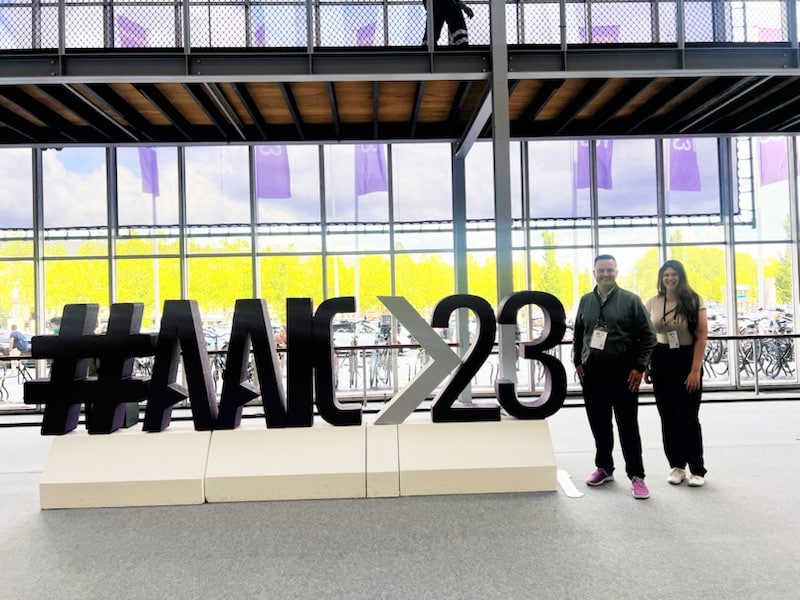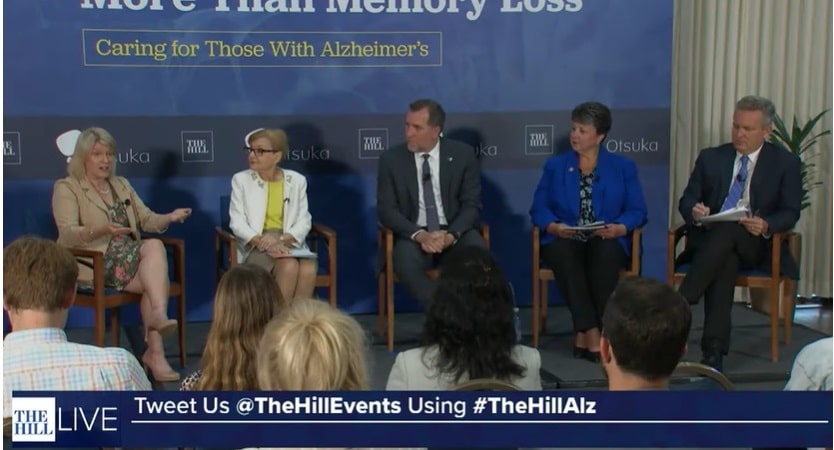
Under the Inflation Reduction Act passed last year, Medicare will soon be able to negotiate the price of some drugs. Since the Centers for Medicare and Medicaid Services (CMS) can only pick 10 drugs for the program’s first year in 2026, the agency recently issued guidance on how they will implement price negotiation.
The guidance outlined a number of factors Medicare is supposed to take into consideration — including the cost of research and development, the price of alternative treatments, and more.
But one factor in particular is extremely troubling: Medicare intends to use studies that rely on Quality-Adjusted Life Years (QALY) to determine a drug’s value, as long as consideration of “life extension” is parsed out. Unfortunately, this distinction is too clever by half, as Medicare is banned by law from using the QALY at all.
The QALY is a metric used to determine how “cost-effective” a drug is based on its success at returning a sick person to “perfect health.” By using QALY-based logic, drugs that treat illnesses that disproportionately affect the aging population — like Alzheimer’s or arthritis — are automatically worth less than those aimed at diseases impacting younger populations.
In other words, QALY-type measurements place less value on the lives of people who are disabled, chronically ill, or elderly than on the lives of those in good health. As such, they are inherently biased — and have no place in U.S. healthcare.
Unfortunately, the guidance says that Medicare plans to use QALY-based analyses as long as life-extension considerations are differentiated. However, discriminatory assumptions are present throughout the metric and its use should be completely off the table. The Affordable Care Act prohibited the use of the QALY and similar metrics in the Medicare program for coverage and reimbursement decisions, and CMS’s proposal may run afoul of landmark healthcare and non-discrimination laws.
The Institute for Clinical and Economic Review (ICER), which creates QALY-based assessments, developed a derivative metric called the equal value of life-years gained (evLYG) that attempts to circumvent these prohibitions by only considering life years gained. ICER does this by valuing all life gains at the same value – 0.85 – regardless of age, disability, or illness. However, ICER’s calculation is done in the same way for both metrics; they multiply life gains by the amount of time patients are likely to spend in their disease state. As a result, the evLYG maintains the same discriminatory effects and retains the bias that older adults may not be worth treating because they have fewer life years to gain from the use of therapeutics.
If QALYs and similar assessments like the evLYG — and the values they represent — become a part of our system, older adults are among those who will suffer most, because they’re disproportionately affected by terminal and chronic illnesses. In the United States, 78% of people over 54 and 85% of those over 64 suffer from at least one chronic condition.
If Medicare wants a fair drug-price negotiation process, it shouldn’t allow QALYs into the mix.
Visit ICERfacts.org to learn more about how QALYs may be used in Medicare price negotiation and to ask your Congressional officials to get involved.
Michael Ward is Vice President of Public Policy and Government Relations at the Alliance for Aging Research.






